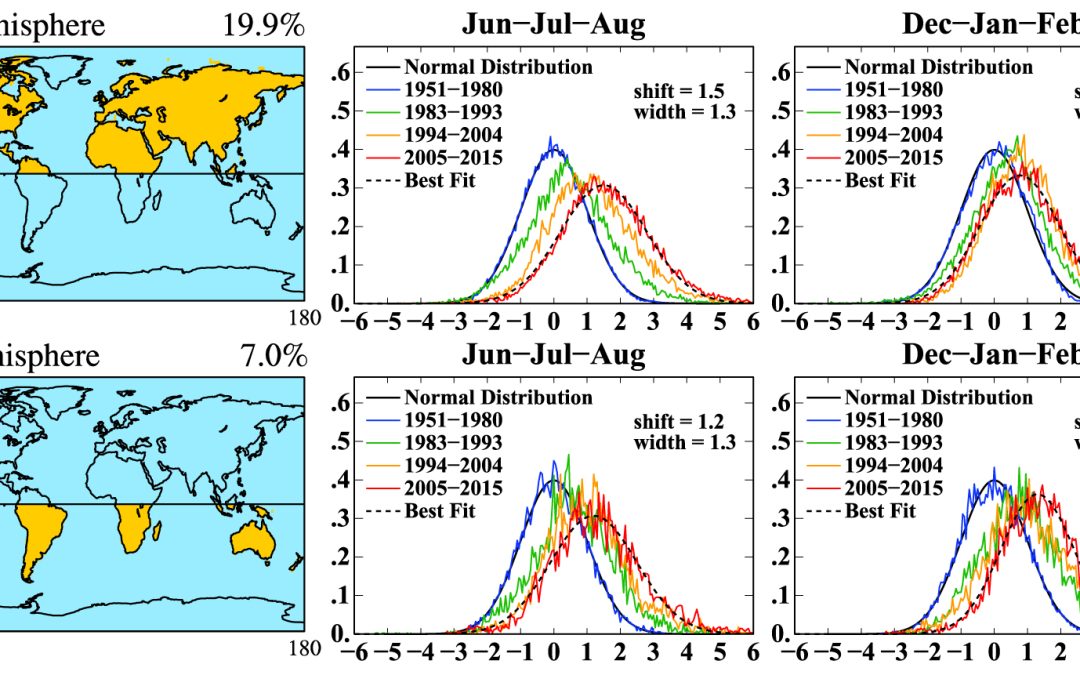Expert Commentary: The Importance of Investigating Knowledge Distillation Against Distribution Shift
Knowledge distillation has emerged as a powerful technique for transferring knowledge from large models to smaller models. It has achieved remarkable success in various domains such as computer vision and natural language processing. However, one critical aspect that has not been extensively studied is the impact of distribution shift on the effectiveness of knowledge distillation.
Distribution shift refers to the situation where the data distribution between the training and testing phases differs. This can occur due to various factors such as changes in the environment, data collection process, or application scenarios. It is crucial to understand how knowledge distillation performs under these distributional shifts, as it directly affects the generalization performance of the distilled models.
In this paper, the authors propose a comprehensive framework to benchmark knowledge distillation against two types of distribution shifts: diversity shift and correlation shift. Diversity shift refers to changes in the distribution of different classes or categories in the data, while correlation shift refers to changes in the relationships between input variables. By considering these two types of shifts, the authors provide a more realistic evaluation benchmark for knowledge distillation algorithms.
The evaluation benchmark covers more than 30 methods from algorithmic, data-driven, and optimization perspectives, enabling a thorough analysis of different approaches in handling distribution shifts. The study focuses on the student model, which is the smaller model receiving knowledge from the larger teacher model.
The findings of this study are quite intriguing. The authors observe that under distribution shifts, the teaching performance of knowledge distillation is generally poor. This suggests that the distilled models may not effectively capture the underlying patterns and structures of the shifted data distribution. In particular, complex algorithms and data augmentation techniques, which are commonly employed to improve performance, offer limited gains in many cases.
These observations highlight the importance of investigating knowledge distillation under distribution shifts. It indicates that additional strategies and techniques need to be explored to mitigate the negative impact of distribution shift on the effectiveness of knowledge distillation. This could involve novel data augmentation methods, adaptive learning algorithms, or model architectures designed to handle distributional shifts.
In conclusion, this paper provides valuable insights into the performance of knowledge distillation under distribution shifts. It emphasizes the need for further research and development in this area to enhance the robustness and generalization capabilities of distilled models.
